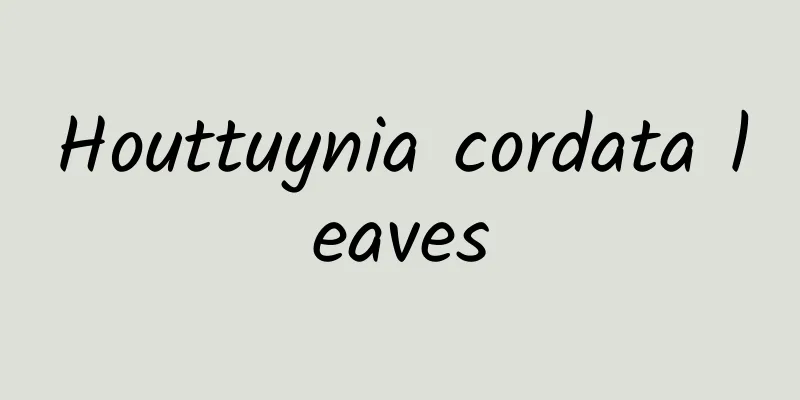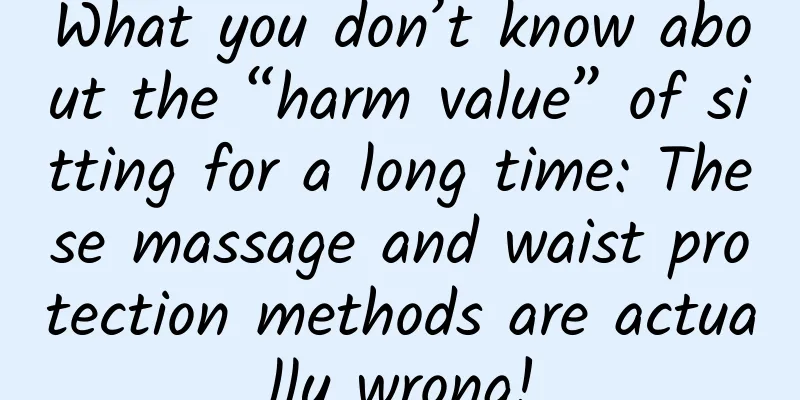Houttuynia cordata leaves

|
Houttuynia cordata root and leaf, also known as Houttuynia cordata, is a perennial herb of the Saururaceae family and is a well-known traditional medicinal plant in my country. The whole plant of Houttuynia cordata has very high efficacy and function, and is commonly used to clear away heat and fire, relieve cough and reduce phlegm, etc. Its stems, leaves and roots are rich in nutrients. They are tender and delicious vegetables that strengthen the spleen, stimulate appetite and aid digestion. It is produced in the south of the Yangtze River, North China, and Northwest China. It is a major wild fruit in Guizhou Province, and is very popular among women, the elderly and the weak, and has a profound local culture. The role and efficacy of Houttuynia cordata root and leaves Pungent, produces cold. Enters the lung meridian. Clears away heat and removes fire, eliminates carbuncles. It is used for symptoms such as lung abscess, stagnation of phlegm and heat, coughing up thick blood, and whooping cough. It is used to treat various solid heat-related carbuncle, swelling, pain, etc. Nutritional content of Houttuynia cordata root and leaves Houttuynia cordata contains ingredients such as protein, fat, carbohydrate, oleic acid and lauric acid. Storage of Houttuynia Cordata Root and Leaves Store in a dark, cool place. How to eat Houttuynia cordata root and leaves Eating it for a long time will make the hair weak, damage the qi and blood, and deplete the essence. Not suitable for long-term consumption. The root of Houttuynia cordata has a good effect of clearing away heat and removing fire. It is often used together with Platycodon grandiflorum, fresh reed root, Trichosanthes peel, wax gourd seeds, raw coix seed, peach kernel, elephant shell, etc. to treat lung abscess, chest pain, coughing up blood and other symptoms; it can be used with Stemona japonica, Gleditsia sinensis, Ophiopogon japonicus, pure honey and other medicines to treat whooping cough. The main antibacterial component of Houttuynia cordata root, decanoyl hydrobromide, has a significant antibacterial effect on a variety of bacteria, acid-fast bacilli and bacteria, but the properties of this compound are unstable. Its sodium bisulfite addition has stable properties while retaining its antibacterial specificity. The sodium bisulfite additive of decanoyl bromide synthesized in my country is called synthetic houttuynia cordata, which has a significant antibacterial effect on a variety of Gram-positive and Gram-negative bacteria outside the body, especially Staphylococcus aureus, penicillin-resistant strains, Pneumococcus, Streptococcus A, and Streptococcus influenzae. Catarrhal gram-negative bacilli and Salmonella typhi are second, while Escherichia coli, Pseudomonas aeruginosa and Shigella dysenteriae are not very sensitive. Houttuynia cordata root extract can significantly increase the survival time of mice infected with Mycobacterium tuberculosis. In addition, it also has a significant inhibitory effect on Candida albicans, Cryptococcus neoformans, Sporothrix, Aspergillus, Chromyces, Trichophyton, Trichophyton imbricata, Microsporum gypsum, Microsporum ferrugineum, and Shark Trichophyton. |
<<: Where is the specialty of Zhe Ergen
>>: Picture of leaves of Zheergen
Recommend
The efficacy and function of Chinese spirea
Chinese Spiraea In our lives, Chinese Spiraea has...
Effects and functions of syzygium wilfordii leaves
The Chinese medicinal guava leaf is a relatively ...
Maca latest price
The nutritional value of maca is very high, and i...
Nine Chinese herbs for regulating the three energizers
The nine traditional Chinese medicines for regula...
The little secret about "vegetable oil" that merchants won't tell you!
The production of most foods must comply with nat...
Happy cancer? There are 4 types of thyroid cancer, not all of them are "easy", don't take it lightly
Recently, a news #19-year-old girl who often stay...
Bloating, burping, bad breath... don't ignore it, your stomach is telling you
Audit expert: Wu Xinsheng Deputy Chief Physician,...
Does this mean that all opened coconuts cannot be eaten?
Audit expert: Wang Guoyi Postdoctoral fellow in N...
Can Alpha Pentaphyllum lower blood pressure?
People's living standards are constantly impr...
Is drinking dandelion water effective for gynecological inflammation?
Gynecological inflammation in women is a relative...
To control fatty liver, should we eat less staple food or less meat?
A friend told me that he was only in his early fo...
What are the effects of Huoxiang Zhengqi Tablets?
Huoxiang Zhengqi Tablets is a Chinese patent medi...
Side Effects of Red Ginseng
Red ginseng often appears in our lives and can be...
Metallurgical waste slag, a high-quality “coat” for highways?
Author: Li Chuanfu Shi Xiangqi As environmental a...
A "stick" can completely solve men's back pain
Low back pain is a very common condition. Trauma,...









